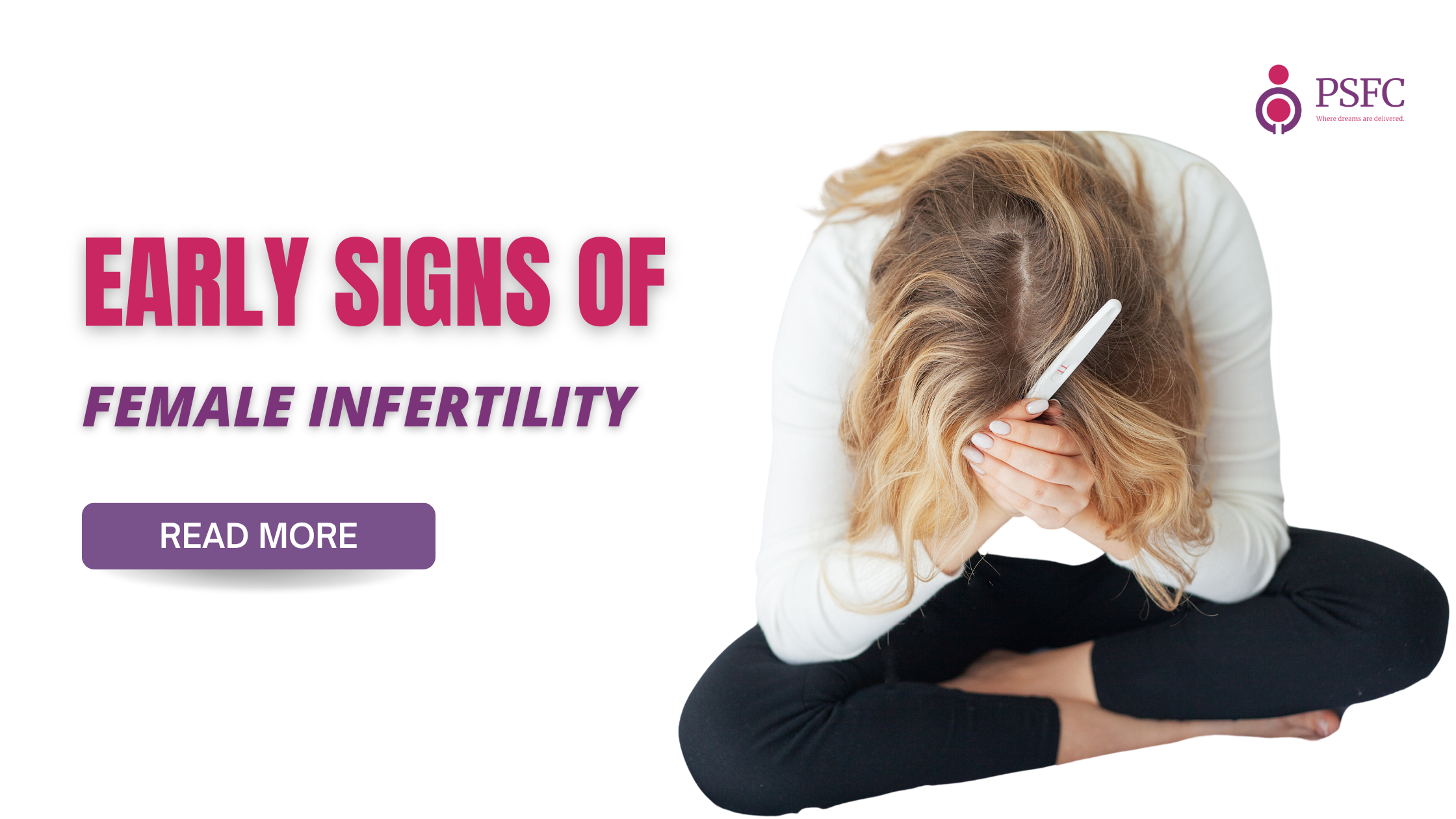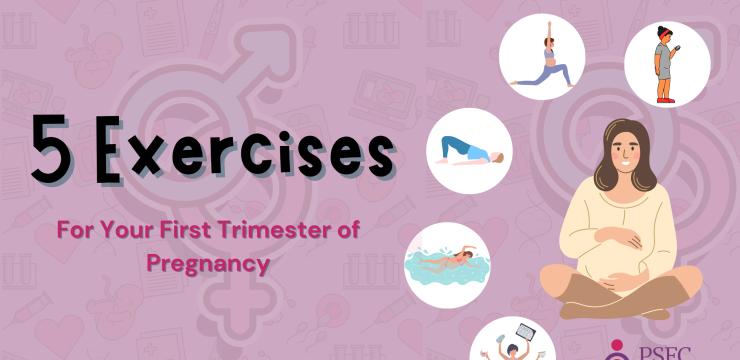Infertility affects millions of women globally, yet its earliest signs often go unnoticed. Detecting these signs early can significantly improve your chances of successful treatment and conception. In this article, we break down the most common and medically recognized early signs of infertility in women, in a format that’s easy to understand and act upon.
Early Signs of Infertility at a Glance
Early Signs of Infertility in Women Include:
Quick Overview:
- Irregular or missed periods
- Painful or heavy menstruation
- Hormonal imbalance symptoms (acne, hair loss, weight gain)
- Pain during intercourse
- Recurrent miscarriages
- No pregnancy after 6–12 months of trying
These signs may indicate issues with ovulation, hormones, or reproductive organs.
Why Early Detection of Infertility Matters?
Infertility doesn’t always present with obvious symptoms. Many women only realize there’s a problem after months—or years—of unsuccessful attempts to conceive. Identifying early signs allows you to seek help sooner, explore options like ovulation tracking or fertility treatments, and reduce emotional stress.
1. Irregular or Absent Periods
One of the most telling signs of infertility is a disrupted menstrual cycle. If your periods:
- Come too frequently (less than 21 days apart),
- Are excessively delayed (more than 35 days apart),
- Or you skip months entirely without pregnancy,
…it may indicate a hormonal or ovulatory disorder such as Polycystic Ovary Syndrome (PCOS) or premature ovarian failure.
What to do: Keep a 3-month log of your cycle and consult a gynecologist if irregularities persist.
2. Painful or Heavy Menstruation
Cramping is normal—but debilitating pain or excessively heavy bleeding may suggest:
- Endometriosis
- Uterine fibroids
- Pelvic Inflammatory Disease (PID)
These conditions can impair fertility by affecting egg quality or blocking reproductive pathways.
3. Hormonal Imbalance Symptoms
Imbalances in estrogen, progesterone, or androgens may lead to:
- Severe acne or oily skin
- Excessive facial/body hair (hirsutism)
- Unexplained weight gain
- Hair thinning or loss
These symptoms often signal PCOS or thyroid disorders, both of which can hinder ovulation.
What to do: Request a full hormonal panel test (FSH, LH, TSH, AMH) for clarity.
4. Pain During Intercourse
Discomfort or pain during sexual activity may be linked to:
- Endometriosis
- Pelvic adhesions
- Vaginal infections
- Ovarian cysts
Persistent pain can signal reproductive tract abnormalities impacting fertility.
What to do: Don’t ignore this. Early gynecological exams can identify the root cause.
5. Recurrent Miscarriages
If you’ve experienced two or more miscarriages, your body may be struggling with:
- Genetic abnormalities
- Hormonal deficiencies
- Autoimmune conditions (e.g., lupus)
- Uterine malformations
Each miscarriage can be emotionally draining, but it’s also a signal that needs medical attention.
What to do: Seek a fertility workup and consider genetic counselling.
6. No Pregnancy After 6–12 Months of Trying
According to most fertility specialists:
- Women under 35 should seek help after 12 months of trying
- Women 35+ should consult a doctor after 6 months
Fertility declines with age, especially after 35, due to reduced egg quantity and quality.
7. Lifestyle & Environmental Factors
In some cases, infertility isn’t linked to medical conditions but lifestyle choices such as:
- Smoking or excessive alcohol
- Chronic stress
- Obesity or being underweight
- Exposure to endocrine-disrupting chemicals (e.g., BPA)
What to do: Lifestyle modifications may dramatically improve fertility outcomes.
When to See a Doctor
Consult a gynaecologist or fertility specialist if you:
- Have irregular cycles or painful periods
- Experience hormonal symptoms or painful intercourse
- Are unable to conceive after 6–12 months
Early diagnosis means more treatment options—and higher chances of success.
Final Thoughts
Infertility is a sensitive topic, but recognizing the early signs empowers you to take control. The earlier you seek help, the better your chances of conceiving—naturally or through assisted methods like IVF or IUI.
Take the First Step:
Speak with your healthcare provider and request a fertility assessment if you recognize any of the above signs.




